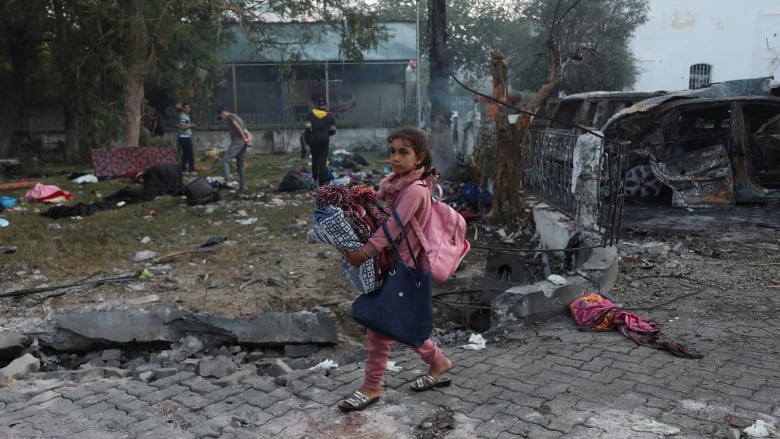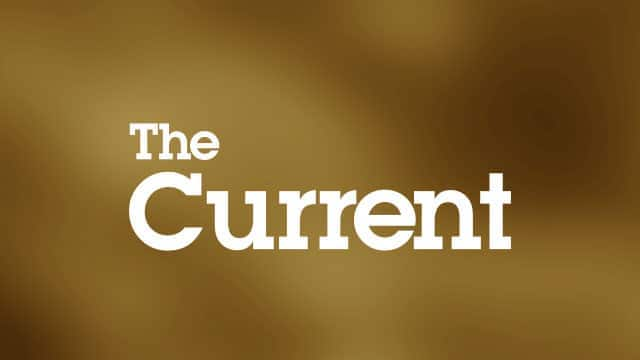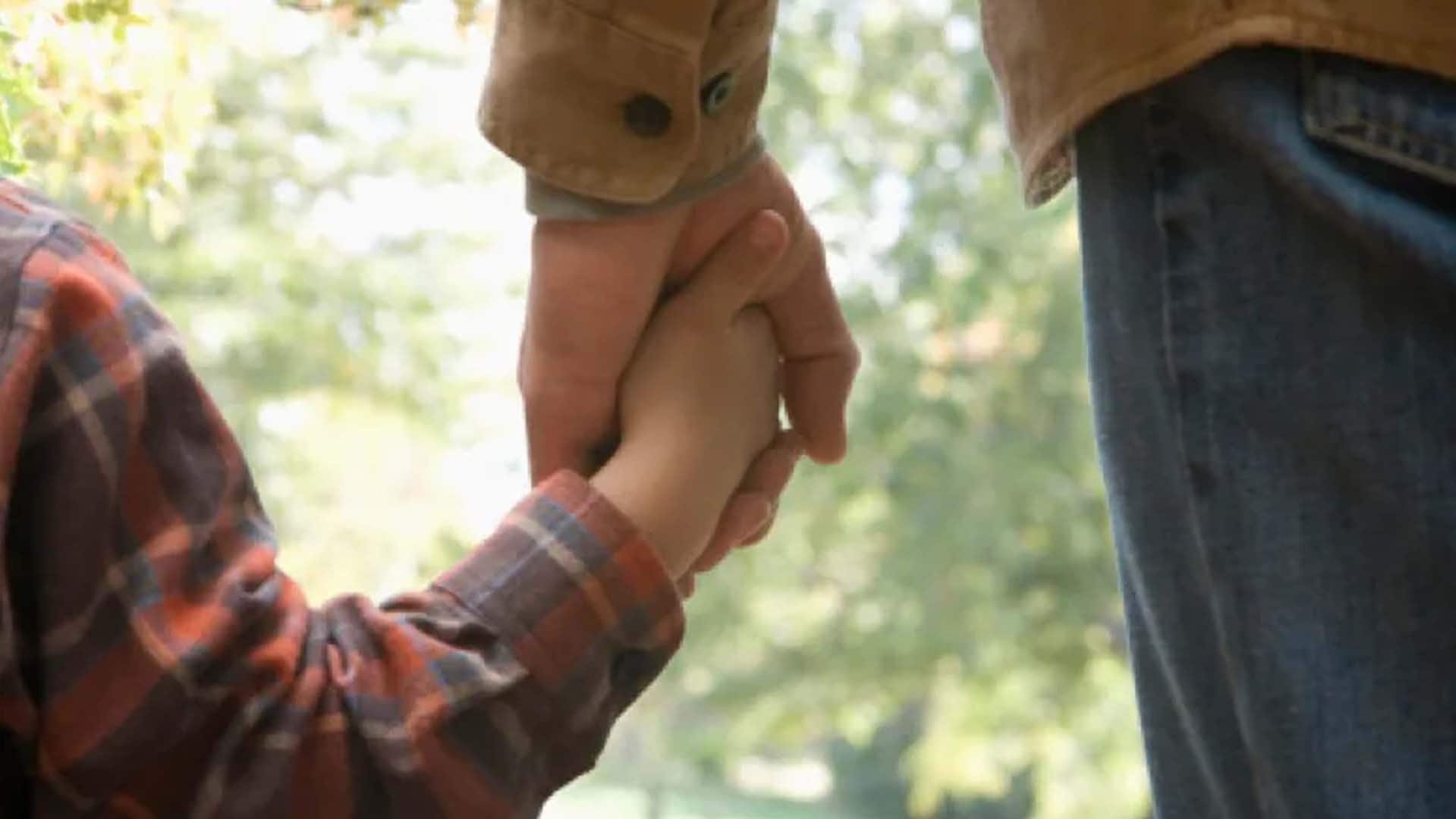Mental health program that brings Palestinian and Israeli students together 'a beacon of hope'
Cross-border program trains postgraduate psychotherapy professionals


Dr. Esti Galili-Weisstub trains Israeli and Palestinian students in how to provide mental health support to war-traumatized children. But as the current conflict escalated, she met with those students to discuss whether they wanted to continue working together.
"To my astonishment … both Palestinians and Israelis said they want the program to continue," said Galili-Weisstub, the Jewish Israeli co-leader of the Bi National School of Psychotherapy in Jerusalem.
She met the students on Sunday with her co-leader Dr. Shafiq Masalha, an Arab Israeli clinical psychotherapist. Their program brings together mental health professionals from Palestinian, Arab Israeli and Jewish Israeli communities — offering postgraduate courses in psychotherapy for children, with an emphasis on PTSD.
While the program's primary aim is to train professionals who can care for traumatized children across the region, it also offers workshops in cultural sensitivity, peace building and conflict resolution.
"I have an Israeli that just came back from a funeral [for] her cousin that was killed in the kibbutz and she says, 'It's painful for me, but we're not going to stop learning together,'" said Galili-Weisstub.
If you ask any Palestinian kid in Gaza or in the West Bank about what is Israeli for him or her, they would tell you that it's a soldier- Dr. Shafiq Masalha
She added that a Palestinian student whose family members were killed in Gaza also said that the program is important for her and she "wants us not to give up, but to keep this going."
"That's a gigantic beacon of hope for me," Galili-Weisstub told The Current's Matt Galloway.
The health ministry in Gaza said Thursday that at least 3,785 Palestinians have been killed since Israel began airstrikes on the Gaza Strip on Oct. 7. The airstrikes are in retaliation for a Hamas attack on southern Israel that killed 1,400 people.
Hamas has continued to fire rockets into Israel, and Israel's military has said nearly 200 hostages were kidnapped into Gaza in the initial attack. The United Nations said that Israel's retaliation has displaced more than one million Palestinians within Gaza.
How communities see each other
The Bi National School of Psychotherapy is currently recruiting the third cohort for its two-year program, having built an alumni of dozens of mental health professionals. The initiative's aim is that students build relationships by training together, and apply that understanding and empathy in their communities and future careers.
Masalha believes their program provides an important connection between communities — and a way to recognize each other's humanity.
"If you ask any Palestinian kid in Gaza or in the West Bank about what is Israeli for him or her, they would tell you that it's a soldier … they know Israelis as soldiers only," he said.
In many cases, Israelis do not have any personal connections to Palestinians, he added.
In a report last week, UNICEF said that successive rounds of violence have left more than 816,000 children "in need of mental health and psychosocial support" in the Gaza Strip. Separately, the organization also condemned the killing and abduction of Israeli children in the initial Hamas attack.
Galili-Weisstub is also the director of child and adolescent psychiatry at the Hadassah Medical Center in Jerusalem. She worries that there aren't enough mental health resources "to treat the trauma of this generation," adding that addressing those issues is vital "to ensure that we have a future."
"This is our greatest mission right now. To treat the wounds and to build, rebuild the bridges of trust," she said.
Fostering understanding, empathy
The training course is co-funded by the European Union and Project Rozana, an international organization that promotes access to health care through joint initiatives between Palestinians and Israelis.
Masalha thinks the training program been successful in helping to increase that access, and particularly "very helpful in providing the psychotherapists and psychiatrists on the Palestinian side, to help and better treat the Palestinian community."
For Galili-Weisstub, "the other achievement is that we have a professional group of people that learn to trust each other and to care about each other.
"I think the Palestinian professionals have learned a lot about Israelis, same as Israelis have learned about the reality within the Palestinian territory," she said.
Galili-Weisstub and Masalha say they've built a strong working relationship over the years, even when they've sometimes felt the pressures and tensions between their communities.
Masalha said that's "a microcosm" of the kind of understanding and collaboration they'd like to see at the political level.
"Unfortunately, we are not the leaders of these countries and we are not those who will take these major decisions," he said.
Audio produced by Ines Colabrese and Joana Draghici

